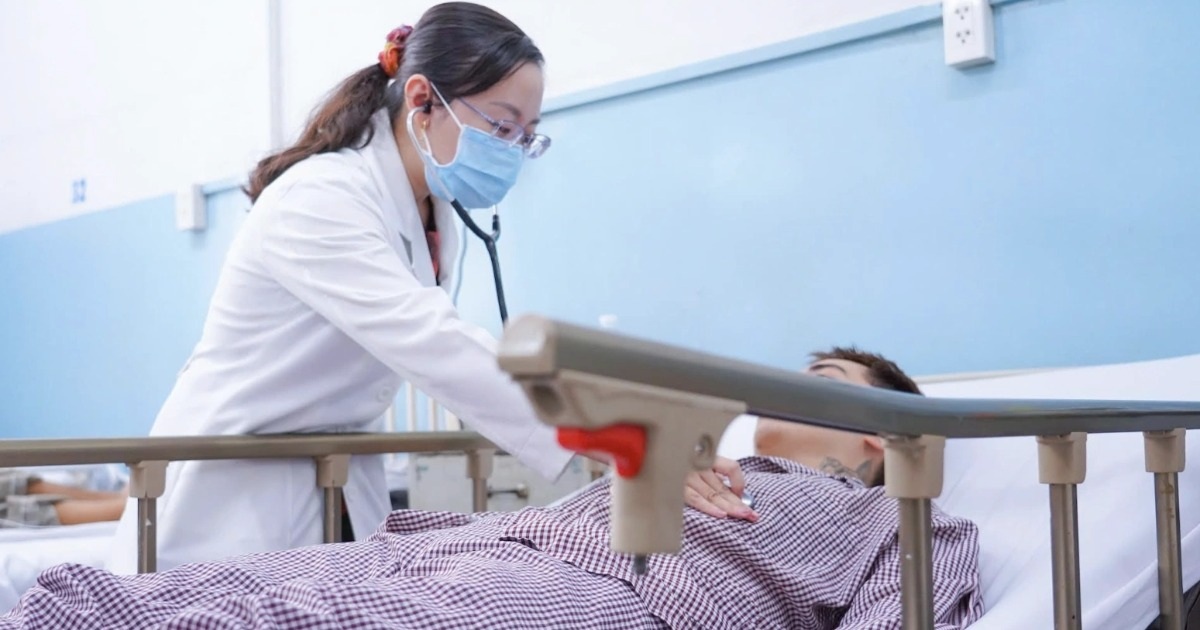Mr. T.T. Thanh (Ho Chi Minh City) sent a question to the Neurosurgery – Spine specialty page, asking for doctor’s advice as follows: “I was diagnosed with L4, L5 disc herniation causing nerve compression. Due to work commitments, I haven’t focused on treatment, and recently, the pain has increased significantly. Does this prolonged condition pose a life-threatening risk? I’m currently involved in a project, so I plan to seek treatment a few months later when it concludes. If I seek treatment at Nam Saigon International General Hospital, what optimal treatment options are available for my condition?”
Below is the response from Dr. Le Trong Nghia, MD, Deputy Head of Neurosurgery – Spine Department, Nam Saigon International General Hospital.
L4-L5 lumbar disc herniation occurs when the nucleus pulposus (the jelly-like center of the disc) protrudes, compressing the nerve roots. If left untreated for an extended period, the herniated disc material can exert stronger pressure, leading to muscle atrophy, limb weakness, loss of sensation, and even bladder and bowel dysfunction. While it rarely threatens life, it can result in permanent sequelae if not treated promptly.
At Nam Saigon International General Hospital, patients will undergo examination and necessary clinical tests to accurately assess the degree of compression, from which one or a combination of several treatment options will be proposed.
Conservative treatment: includes pain relievers, muscle relaxants, physical therapy, and guidance on proper working postures.
Endoscopic or microsurgical nerve decompression: applied for severe herniation, offering rapid pain relief, minimally invasive procedures, early recovery, and potential discharge within 1-2 days.
Disc replacement surgery, spinal fusion: indicated when the spine is unstable, degenerative, or has severe spinal stenosis.
Pain blockade with steroids or radiofrequency ablation: used when there is no nerve compression but persistent pain, or when the patient cannot undergo surgery.
 Dr. Le Trong Nghia, Deputy Head of Neurosurgery – Spine Department, Nam Saigon International General HospitalDr. Le Trong Nghia, MD, Deputy Head of Neurosurgery – Spine Department, Nam Saigon International General Hospital (Photo: Hospital provided).
Dr. Le Trong Nghia, Deputy Head of Neurosurgery – Spine Department, Nam Saigon International General HospitalDr. Le Trong Nghia, MD, Deputy Head of Neurosurgery – Spine Department, Nam Saigon International General Hospital (Photo: Hospital provided).
For patient T.T. Thanh (Ho Chi Minh City), an early examination should be arranged to prevent the condition from worsening, which could impact mobility and quality of life.



